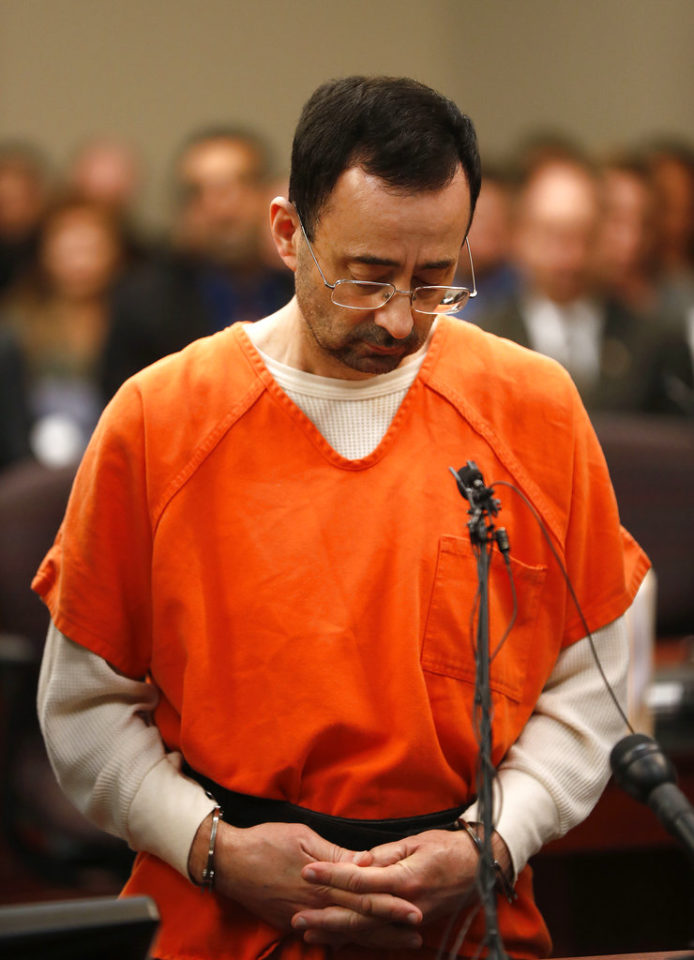The recent overflow of sexual assault allegations against Harvey Weinstein, Louis C.K., Al Franken, Roy Moore and many other men in powerful positions have created a wave of women speaking out about their past experiences. Movements like the #MeToo campaign have spread across the nation, proving that women feel more comfortable telling their stories if they are not alone. This new wave of confessions also came with the critique that these women should’ve spoken up sooner, or that many are just hopping on the bandwagon.
 To believe this, one would have to disregard that there are many factors imposed by society that discourage women from speaking up on sexual assault and even justify why some choose to stay silent.
To believe this, one would have to disregard that there are many factors imposed by society that discourage women from speaking up on sexual assault and even justify why some choose to stay silent.
Victim-blaming has become so pervasive within our culture. While it’s transitioning to be less and less overt, the implicit attitudes about sexual harassment and assault have not changed too much. Asking questions like, “Why did you continue working with them?”, “Why didn’t you tell someone?” or “Why did you go into the room with them?” perpetuate the problem. These sort of questions insinuate that victims could have avoided their assaulter had they done something different, therefore claiming there will always be assaulters and women just have to learn to avoid them.
Dating back to 1991, attorney Anita Hill testified about sexual harassment against her then-boss, Clarence Thomas, shedding light on the extreme difficulty of speaking up. Hill was bombarded with questions and basically put on trial herself. She famously replied to one question regarding why she spoke to Thomas again after the incidents, saying, “That’s a very good question. And I am sure I cannot explain it to your satisfaction.”
This quote powerfully showed the disconnect between sexual harassment victims and society. I would even go as far to say that it shows the disconnect between women in general and power structures embedded in society. Weinstein, C.K., U.S. gymnastics doctor Larry Nassar and other perpetrators

had power over victims like Hill. These are men who could make or break the women’s careers. Many women in these positions have worked so hard to be where they are that they were not willing or even in the position to disrupt that. Rebecca Corry, a comedian who spoke up about C.K. sexually harassing her on the set of a television pilot, told the New York Times later, “Things were going well for me…I had no interest in being the person who shut down a production.”
How can you tell someone they should’ve spoken up earlier when history lays out case after case of trials where women are not believed and their assaulter is let off or given a small slap on the wrist?
A well-known example of this is Stanford University student Brock Turner, who sexually assaulted a 22-year-old half-conscious woman, and was only sentenced to a six month jail term and the possibility of release after three months. Turner’s father replied to this by saying his son shouldn’t have to go to prison for “20 minutes of action.” Again, highlighting the rhetoric of people who cannot even seem to relate to the victim or see the actual problem at hand.
In a perfect world, there would be no sexual assault. In a semi-perfect world, sexual assault would be in no way considered acceptable. In a mediocre world, we would stop blaming and shaming the victims of sexual assault. Unfortunately, we do not live in any of these worlds.
I can very easily understand why some victims of sexual assault need the solidarity of other victims in order speak up. Instead of finding yet another way to shame victims, I think our time would be better spent looking at the actual perpetrators and why so many think it is OK.
Sam Miner can be reached at mine0034@stthomas.edu.

